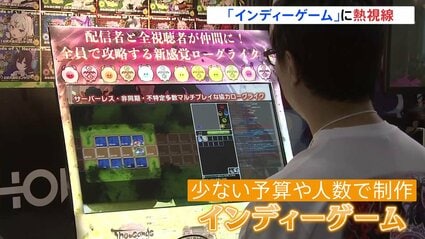Japanese indie game development is on the rise, capturing the attention of both consumers and industry pundits alike. The allure stems not only from the novelty and diversity these games offer but also from their potential to challenge the status quo of the mainstream gaming industry. While some critics attribute their nascent success to the recent surge of digital distribution platforms, others consider it as the advent of a fresh era in Japanese gaming.
In Japan, indie games are seen as a platform for creativity and innovation escaping the commercial pressures larger studios may face. Their growth is arguably due to an emerging cultural shift towards independent creation and consumption as people embrace this gaming subculture. Financial feasibility, though often scrutinised, is less of a concern than the artistic and technical accomplishment inherent in these projects.
Like in the US and EU, the indie game phenomenon has gained traction in Japan. Yet, it varies in nuances. Western indie games often grapple with serious themes and narrative depth, while Japanese indie games tend to explore unique mechanics and vibrant aesthetics, reflecting the cultural sensibilities of both regions.

